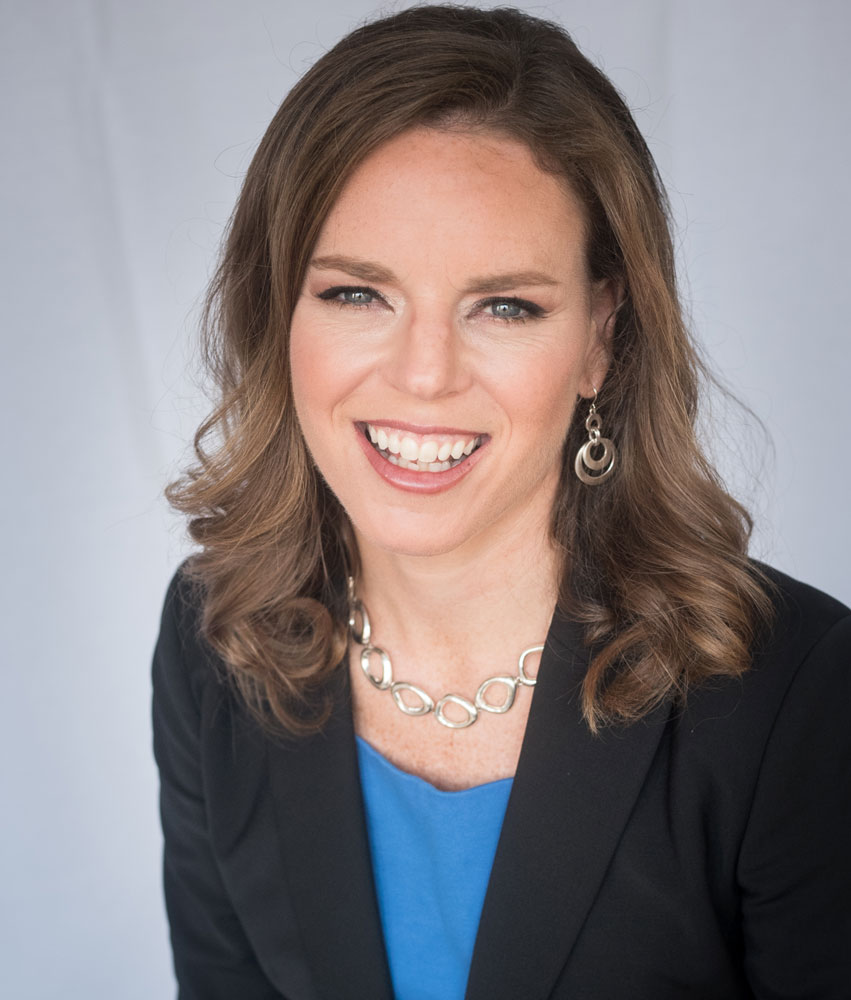Topics
Anna Kynthia Bousdoukou
What is wrong with the global economy? Two top economists explain.
The SNF Dialogues invited two of the world’s leading economists, Nobel laureate Esther Duflo, who teaches development economics and poverty alleviation at the Massachusetts Institute of Technology, and the Kroll Institute's Chief Global Economist, Megan Greene, to give their perspectives on the challenges facing the global economy today, and what can be done about them.
You can’t just stop using fossil fuels without having the renewables in place…That is something that policymakers are still trying to figure out.

Megan Greene, Global Chief Economics at the Kroll Institute, Senior Fellow at the Mossavar-Rahmani Center for Business and Government at the University of Brown and Contributing Editor at the Financial Times
The…mistake is that we are focusing too much on economic growth. That should not be an end, that should be a means. The end would be welfare in developing countries. Simple things, like being alive, not dying in infancy or in childbirth, being able to go to school…

Esther Duflo, Abdul Latif Jameel Professor of Poverty Alleviation and Development Economics at the Department of Economics at the Massachusetts Institute of Technology, Co-founder and co-director of the Abdul Latif Jameel Poverty Action Lab (J-PAL)
*The opinions expressed by Dialogues participants, whether officially representing institutions and organizations or themselves alone, at events, in articles, or in other audiovisual media are solely their own and do not necessarily represent the views of the Stavros Niarchos Foundation (SNF) or iMEdD. Speakers' remarks are made freely, without prior guidance or intervention from the team.

